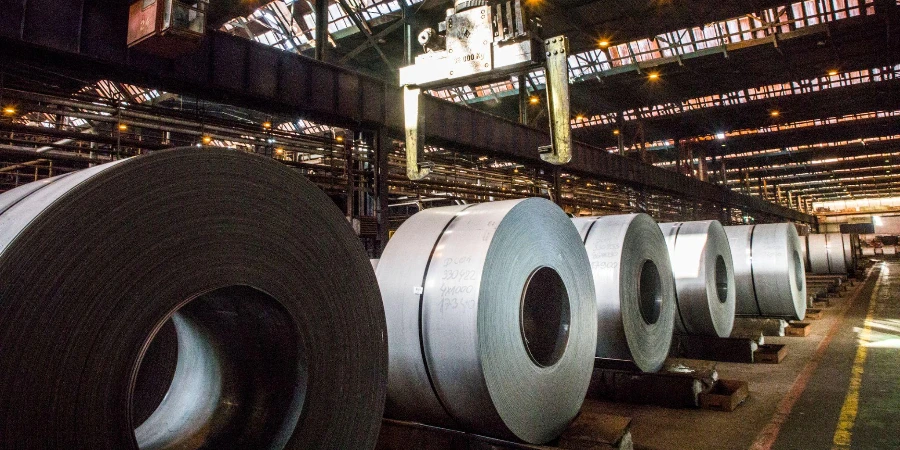In the vast and complex world of commerce, industrial goods play a foundational role, yet their significance is often overlooked. These goods, essential for manufacturing and production processes, are the backbone of industries worldwide. This article aims to demystify industrial goods, exploring their types, uses, procurement strategies, and the challenges associated with them. By delving into these aspects, we aim to provide a comprehensive understanding that not only informs but also empowers businesses in their strategic decisions.
Table of Contents:
– What are industrial goods?
– Types of industrial goods
– Uses of industrial goods in various industries
– Procurement strategies for industrial goods
– Challenges in the industrial goods sector
What are industrial goods?

Industrial goods, distinct from consumer goods, are primarily used for producing other goods or providing services rather than for direct consumption. This category encompasses a wide range of products, from raw materials like metals and chemicals to machinery and industrial equipment. The defining characteristic of these goods is their role in the production process, serving as the building blocks or tools that enable the creation of consumer products or the provision of services. Understanding the nature of industrial goods is crucial for businesses as it influences procurement strategies, production planning, and ultimately, the efficiency and profitability of operations.
Types of industrial goods

Industrial goods can be broadly classified into three main categories: raw materials, manufactured parts, and capital goods. Raw materials include basic resources extracted from the environment, such as timber, minerals, and oil. Manufactured parts refer to components that have undergone some form of processing but are not yet final products, like steel beams or plastic granules. Capital goods, on the other hand, are durable products used in the production of other goods or services, including machinery, tools, and vehicles. Each category plays a specific role in the production process, and understanding these distinctions is vital for businesses in managing their supply chains and optimizing production.
Uses of industrial goods in various industries

The application of industrial goods spans across virtually every sector of the economy. In construction, for example, raw materials like cement and steel are fundamental for building infrastructure. The automotive industry relies heavily on manufactured parts such as engine components and electronic chips. Meanwhile, capital goods like assembly line robots and CNC machines are crucial in manufacturing sectors for enhancing productivity and efficiency. The versatility and necessity of industrial goods in these industries underscore their importance in sustaining economic growth and development.
Procurement strategies for industrial goods

Procuring industrial goods requires strategic planning and consideration of various factors, including cost, quality, and supply chain reliability. Businesses often employ different strategies such as bulk purchasing to secure lower prices or entering long-term contracts with suppliers to ensure steady supply. Another critical aspect is the evaluation of suppliers based on their ability to meet quality standards and delivery timelines. In today’s global economy, diversifying supply sources to mitigate risks has become increasingly important. Effective procurement strategies are essential for maintaining the smooth operation of production processes and avoiding costly disruptions.
Challenges in the industrial goods sector

The industrial goods sector faces several challenges, including fluctuating raw material prices, supply chain disruptions, and the need for sustainability. Price volatility can significantly impact production costs, making budgeting and financial planning difficult for businesses. Supply chain disruptions, as seen in recent global events, pose risks to production timelines and product availability. Additionally, there is a growing pressure on the sector to adopt sustainable practices, from sourcing eco-friendly materials to minimizing waste. Addressing these challenges requires innovation, flexibility, and a commitment to continuous improvement.
Conclusion:
Industrial goods are the unsung heroes of the economy, playing a critical role in the production of consumer goods and the provision of services. Understanding their types, uses, and the strategies for their procurement is essential for businesses aiming to optimize their operations. Despite the challenges, the industrial goods sector continues to evolve, driven by technological advancements and the pursuit of sustainability. By embracing these changes, businesses can not only overcome the obstacles but also seize new opportunities for growth and success.




